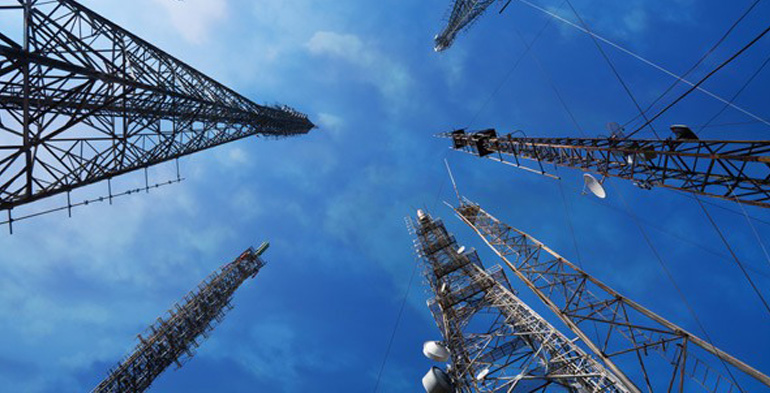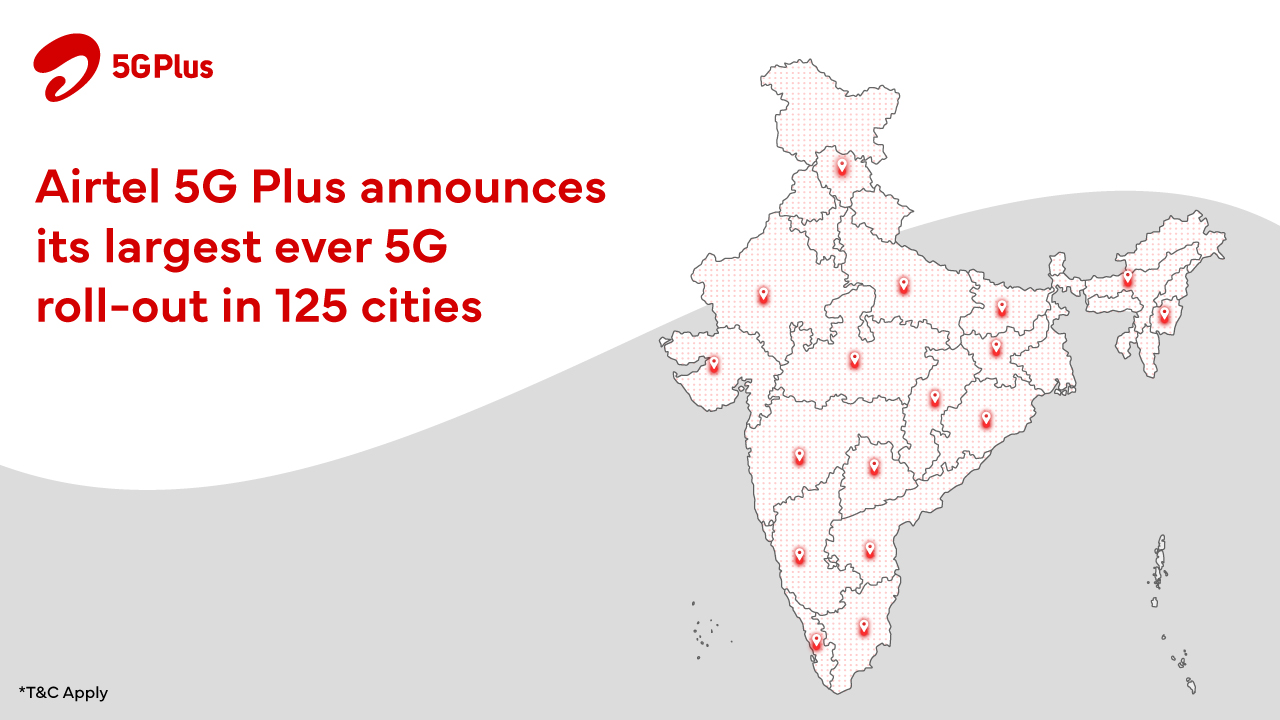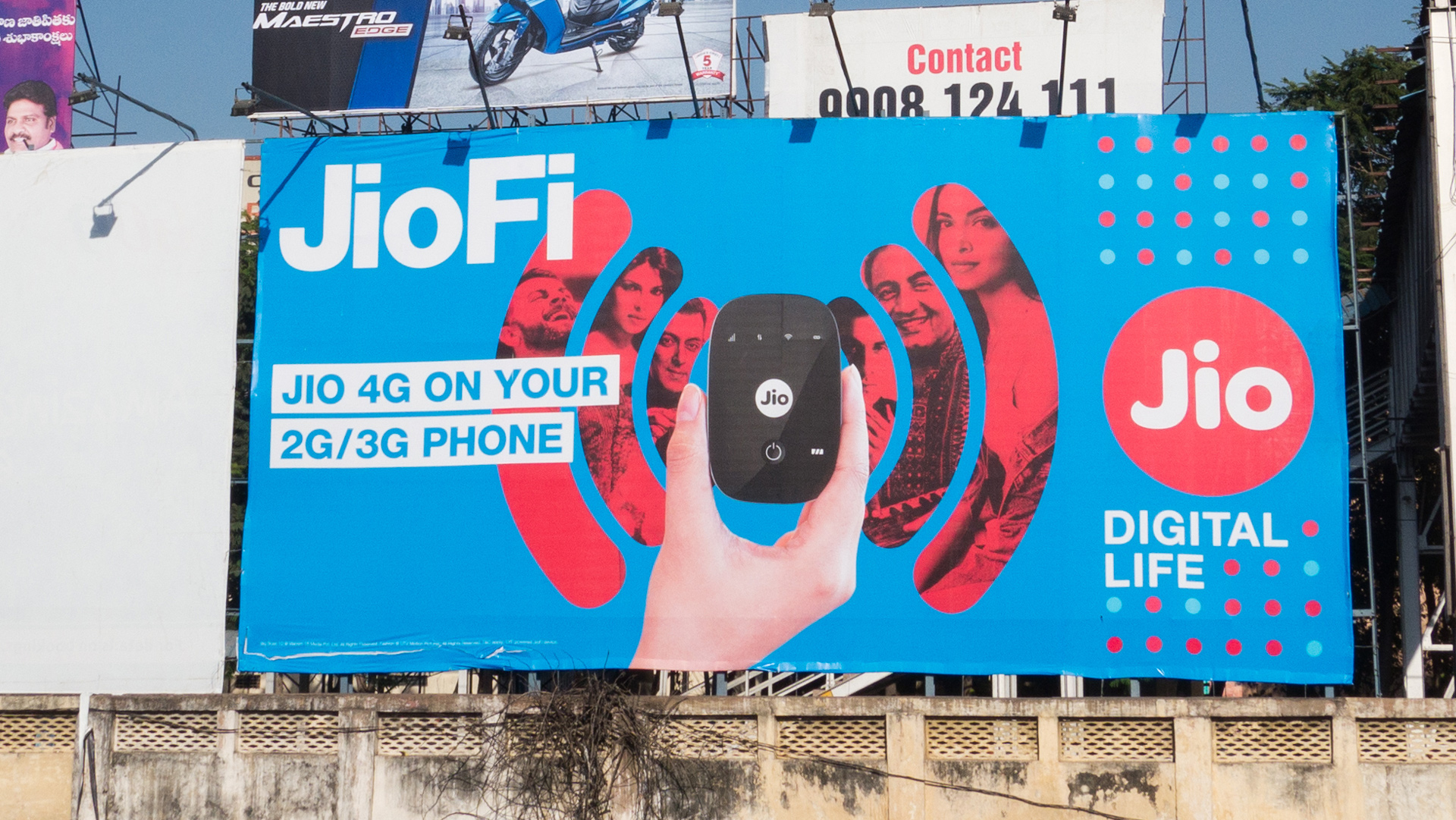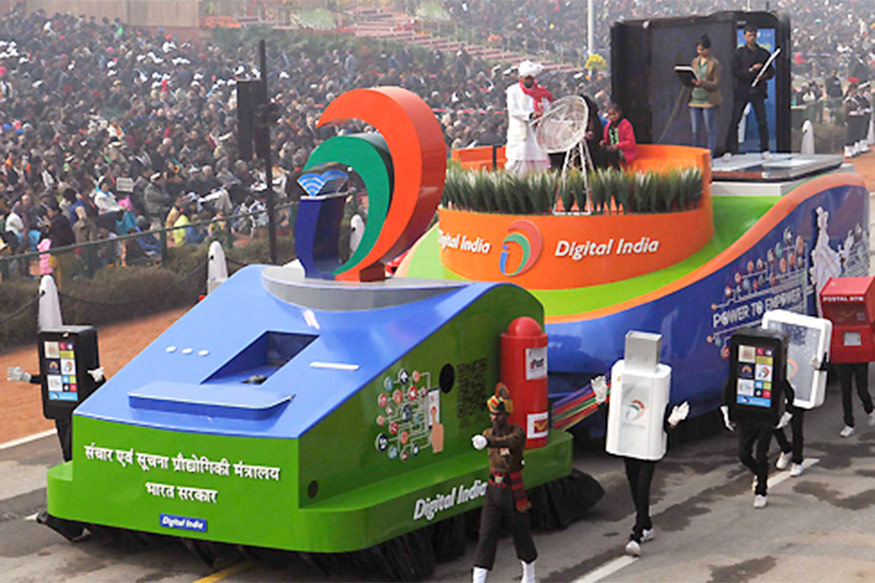Mobile Services
Indian Telecom service providers invests Rs 9,27,000 crore for infrastructure

 NEW DELHI: Indian Telecom service providers (TSPs) have invested about Rs 9,27,000 crore while Foreign Direct Investment (FDI) in the telecom industry has increased from Rs 20,000 crore in FY’15-16 to approximately Rs 67,000 crore in the first three quarters of FY’16-17, contributing towards building an efficient infrastructure to provide accessible and affordable service to customers, according to an ASSOCHAM-KPMG joint study.
NEW DELHI: Indian Telecom service providers (TSPs) have invested about Rs 9,27,000 crore while Foreign Direct Investment (FDI) in the telecom industry has increased from Rs 20,000 crore in FY’15-16 to approximately Rs 67,000 crore in the first three quarters of FY’16-17, contributing towards building an efficient infrastructure to provide accessible and affordable service to customers, according to an ASSOCHAM-KPMG joint study.
Telecom service providers (TSP) play a vital role in providing major support services required for swift growth and transformation of multiple sectors such as IT, insurance, education, health, public sector, etc, reveals the ASSOCHAM-KPMG joint study.
A fairly conducive regulatory environment has been created for TSPs through implementation of new policies and regulatory framework by Telecom Regulatory Authority of India (TRAI) TSPs gross revenue stood at approximately INR188,000 crore with a decline of 2.68 per cent in 2016-17, noted joint study.
The overall data traffic in India went up by 28 per cent of the total data traffic pan-India in a year since launch. In India 4G subscribers have reached the mark of approximately 160 million as on 31 March 2017.
As per the study, India is now one of the biggest smart phone markets in the world in terms of volume with an increase in the usage of data services leading to a rapid increase in smart phone sales. Four out of every 20 mobile subscribers in metro circles have a 4G enabled smart device and 11 have a 3G enabled smart device.
Social media and messaging application drove data consumption with nearly 90 per cent consumers accessing applications on mobile devices. Videos continued to be the main growth engine for data traffic with nearly 65 per cent contribution.
India’s telecom industry which is a major contributor to the country’s GDP is going through challenging times where maintaining a balance between market dynamics and time to deliver has created a bottleneck for TSP’s. Tariff wars, increasing debt burden, spectrum license fees and new types of internet based players etc. have fuelled this situation resulting in a phase of financial stress in the industry. The telecom industry at this point of time has a debt burden of close to INR 5 lakh crores in its quest to provide state of the art infrastructure and buy spectrum.
This debt increase has been primarily driven by high spectrum procurement costs from five successive auctions wherein the highest bid/sale price at one auction acts as a floor price for the succeeding auction. Aggressive participation of service providers in spectrum auctions has significantly increased the debt burden.
The declining trend in the profitability of the TSPs is likely to continue due to various reasons like entry of greenfield TSPs as against the existing brown field operators which will have to undertake huge investments for updating their existing infrastructure, participate in spectrum auctions, imposition of multiple taxes and levies such as Spectrum Usage Charges (SUC), Universal Service Obligation Fund (USOF) contribution and license fee.
The government may consider deliberations on the same with TSP’s while formulating policies and regulations to address challenges faced by all contributors/ verticals of the sector in its entirety. Telecommunications, being an underlying service to majority of industries contributes significantly towards their operating costs. Levy of higher taxes (recent increase by 3 per cent putting the telecom sector under the 18 per cent tax slab24) on telecom industry may lead to an overall increase in the cost of doing business for other sectors and may impact affordability for the end customers. Thus, reduction in service tax may be considered by the government.
Spectrum Usage Charges (SUC) is levied from the time when the spectrum was bundled with the license itself. With the introduction of spectrum auctioning, the license and spectrum are now separately granted with the licensee having to bid for the available spectrum at market determined prices. For the spectrum allotted, the TSPs have to pay the price of the spectrum as decided in the auction and annual SUC (a proportion of their Adjusted Gross Revenue – AGR) to the government.
Since the purchase price of the spectrum is now market determined and considerably higher than before, SUC adds on to the financial burden of TSPs. Further, since SUC is a fixed proportion of the AGR, the better a TSP performs in terms of revenue, the more they are charged as SUC.
5g
Airtel announces its largest ever 5G roll-out in 125 cities

NEW DELHI: Bharti Airtel, India’s telecommunications services provider, today announced the launch of its ultra-fast 5G services in 125 cities. Airtel 5G Plus service is now available to customers in over 265 cities in the country.
Airtel 5G Plus has three compelling advantages for customers. First, it runs on a technology that has the widest acceptance in the world with the most developed ecosystem. This ensures that all 5G smartphones in India seamlessly work on the Airtel network. Second, the company promises to deliver the best experience – between 20 to 30 times higher speeds than today coupled with brilliant voice experience and super-fast call connect. Finally, Airtel 5G Plus network will also be kinder to the environment with its special power reduction solution. Powered by the reliable Airtel network infrastructure, Airtel 5G Plus will provide superfast access to High-Definition video streaming, gaming, multiple chatting, instant uploading of photos et all.
Commenting on the launch, Randeep Sekhon, CTO, Bharti Airtel said, “5G has revolutionized the world of internet, ushering new era of connectivity and communications that will prove to be a game-changer for the country. At Airtel, we remain committed to delivering the highest quality of network and service to our customers as we roll-out 125 more cities today. Airtel was the first in the country to offer 5G services in October 2022, and today’s mega launch is our promise to connect every Airtel customer in the country with ultra-fast Airtel 5G Plus. Our 5G rollout is on track to cover all towns and key rural areas by March 2024.”
Airtel 5G Plus service availability will continue to rapidly expand – including service in all towns and villages in the country soon – as the company is working towards offering nationwide coverage. Airtel is now offering its 5G services in every major city from the upper northern city of Jammu to the southern tip of Kanyakumari.
In the last one year, Airtel has demonstrated the power of 5G with a host of powerful use cases that will change the way customers lead their lives and do business. From India’s first live 5G network in Hyderabad to India’s first private 5G network at the BOSCH facility in Bengaluru to partnering with Mahindra & Mahindra to make its Chakan manufacturing facility, India’s first 5G enabled auto manufacturing unit, Airtel has been at the forefront of 5G innovation.
5g
Apple rolls out beta programme for iPhones to enable 5G services

NEW DELHI: Apple Inc has rolled out a beta programme to enable 5G on Apple devices as the upgrade lets users try out pre-release software.
This software upgrade enables 5G access on Apple devices, as and when service providers Jio, Airtel and Vodafone enable 5G network access, sources said.
Apple Users have to enrol for the Beta Programme on the website, install a profile and download the software.
Jio users using iPhone 12 and above, in cities where JioTrue5G has been rolled out, will be invited to the Jio Welcome Offer. Jio Welcome Offer provides unlimited 5G data at up to 1 Gbps speed to users at no additional cost. However, there is a condition that prepaid users must be on active Rs 239 and above plan. All Postpaid users are eligible for this trial.
Airtel is not providing any special 5G offer like Jio to their users. In the cities/areas in which the Airtel 5G network has been launched, users can trial 5G services as a part of their existing plan, once they have updated the latest Apple Beta software.
While an email sent to Apple did not solicit an immediate response, the firm had last month stated: “We are working with our carrier partners in India to bring the best 5G experience to iPhone users as soon as network validation and testing for quality and performance is completed. 5G will be enabled via a software update and will start rolling out to iPhone users in December”.
Airtel and Jio customers on iPhone 14, iPhone 13, iPhone 12 and iPhone SE (3rd generation) models can experience 5G as part of Apple’s iOS 16 Beta Software Program. The Apple Beta Software Program is open to anyone with a valid Apple ID who accepts the Apple Beta Software Program Agreement during the sign-up process.
If a user has an iCloud account, that is an Apple ID, it is recommended they use that. If they do not have an iCloud account or any other Apple ID, they can create one.
Customers who want to try the beta software should back up their iPhones before installing the beta software. It is recommended to install the beta software only on non-production devices that are not business-critical. Users can also provide feedback to Apple on quality and usability, which helps Apple identify issues, fix them, and make Apple software even better.
The iOS beta comes with the built-in Feedback Assistant app, which can be opened from the Home screen on the iPhone or iPad or from the Dock on the Mac.
Source: Press Trust of India
5g
Nokia wins multi-year deal with Reliance Jio India to build one of the largest 5G networks in the world

NEW DELHI: Nokia has announced that it has been selected as a major supplier by Reliance Jio to supply 5G Radio Access Network (RAN) equipment from its comprehensive AirScale portfolio countrywide in a multi-year deal. Reliance Jio is India’s number one mobile operator and has one of the largest RAN footprints in the world.
Under the contract, Nokia will supply equipment from its AirScale portfolio, including base stations, high-capacity 5G Massive MIMO antennas, and Remote Radio Heads (RRH) to support different spectrum bands, and self-organizing network software. Reliance Jio plans to deploy a 5G standalone network which will interwork with its 4G network. The network will enable Reliance Jio to deliver advanced 5G services such as massive machine-to-machine communications, network slicing, and ultra-low-latency.
Akash Ambani, Chairman Reliance Jio, commented: “We are pleased to be working with Nokia for our 5G SA deployment in India. Jio is committed to continuously investing in the latest network technologies to enhance the experience of all of its customers. We are confident that our partnership with Nokia will deliver one of the most advanced 5G networks globally.”
Pekka Lundmark, President and CEO at Nokia stated: “This is a significant win for Nokia in an important market and a new customer with one of the largest RAN footprints in the world. This ambitious project will introduce millions of people across India to premium 5G services, enabled by our industry-leading AirScale portfolio. We are proud that Reliance Jio has placed its trust in our technology and we look forward to a long and productive partnership with them.”
Nokia has a long-standing presence in India. This new deal will mean that Nokia is now supplying India’s three largest mobile operators.






